19 Best Alcohol and Drug Rehabs in Austin, TX 2025

7.10

7.32

7.71
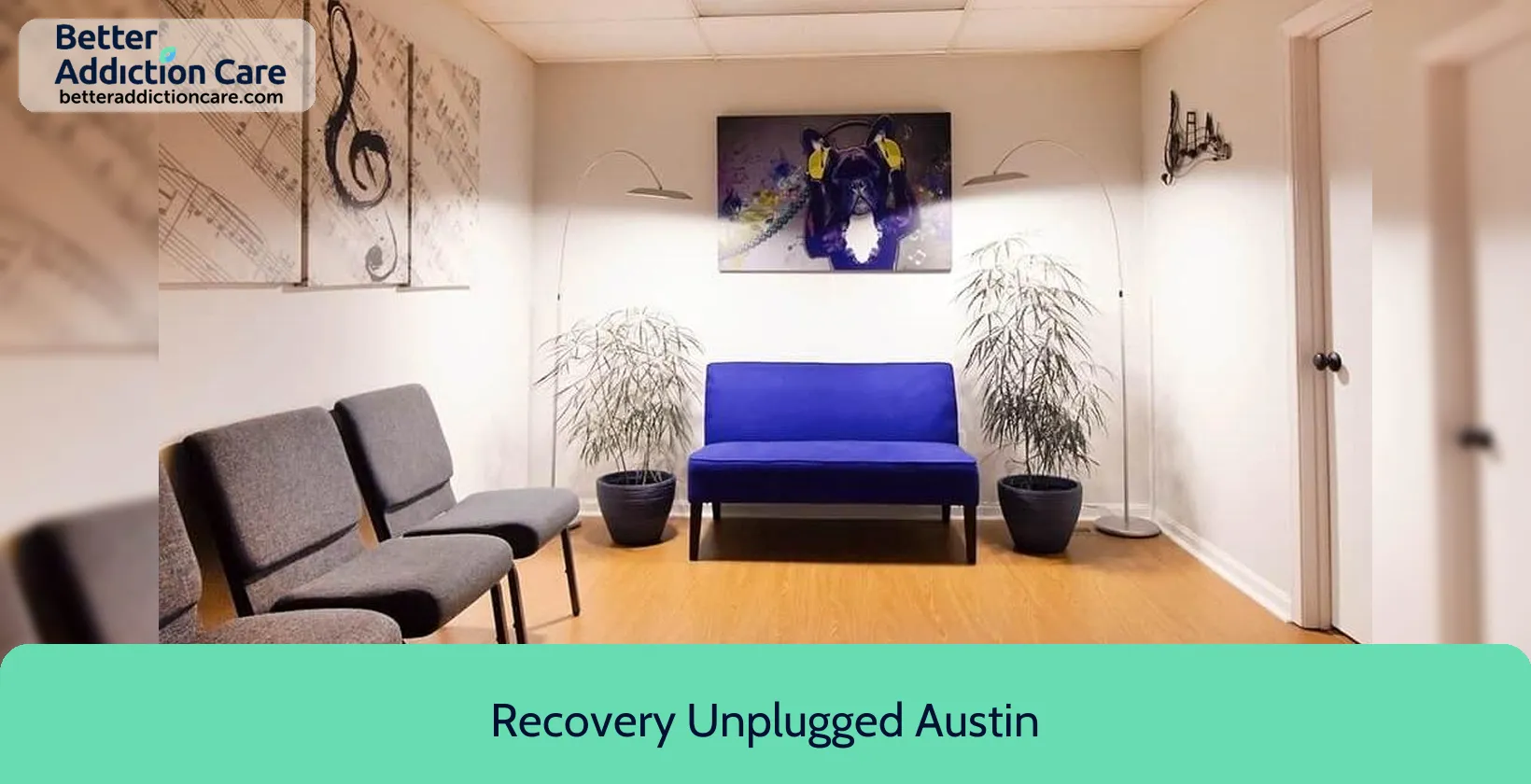
7.37
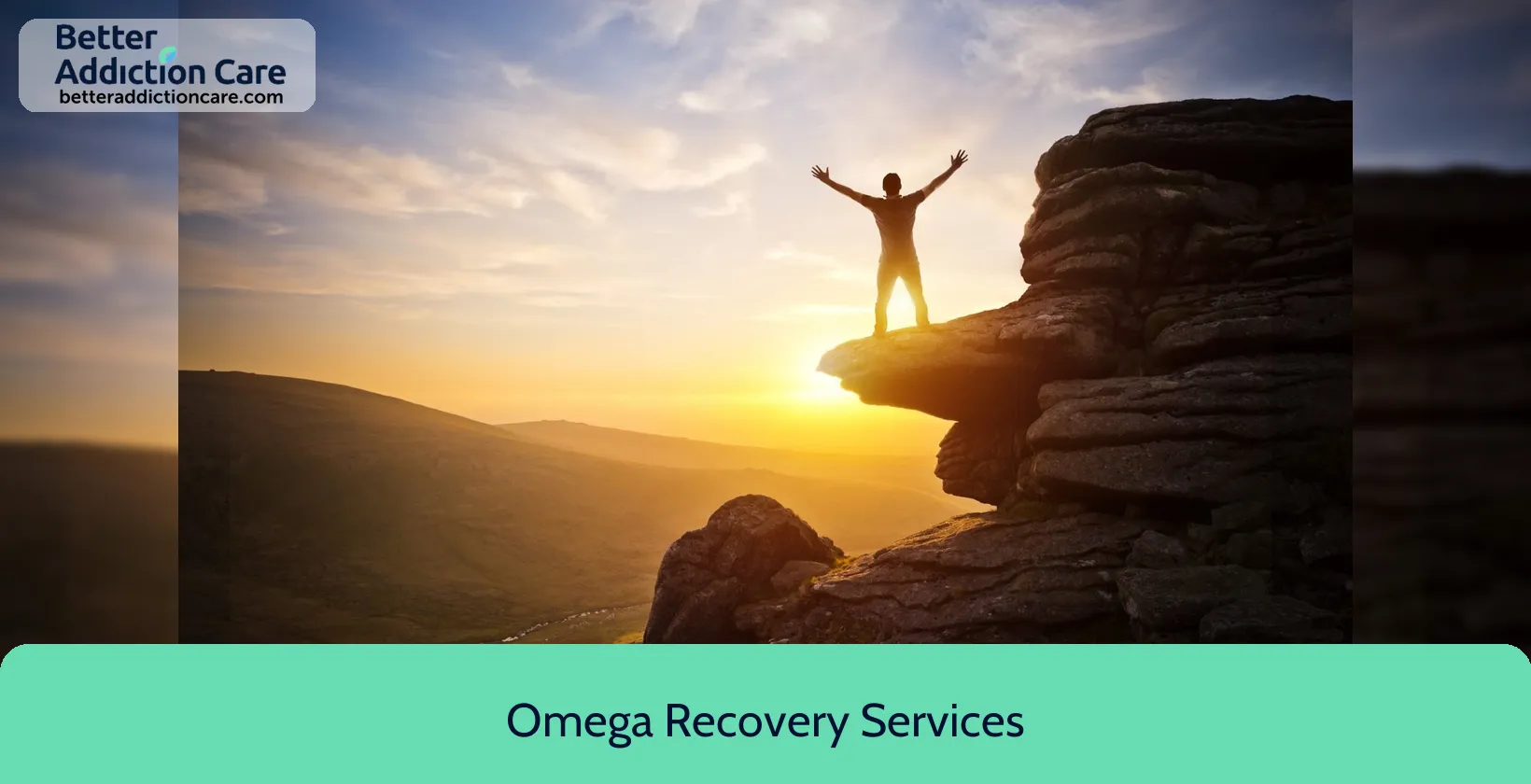
6.80
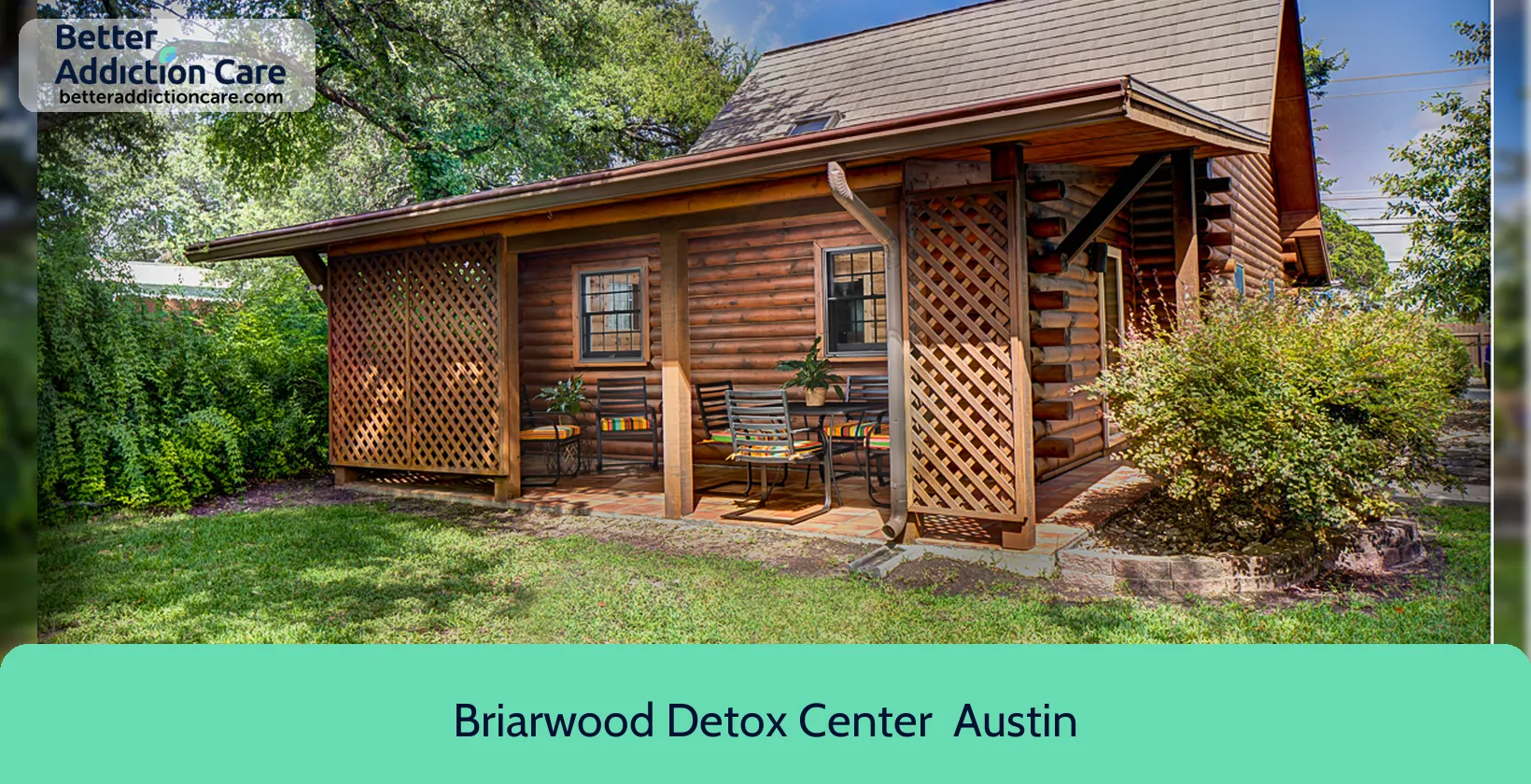
6.50
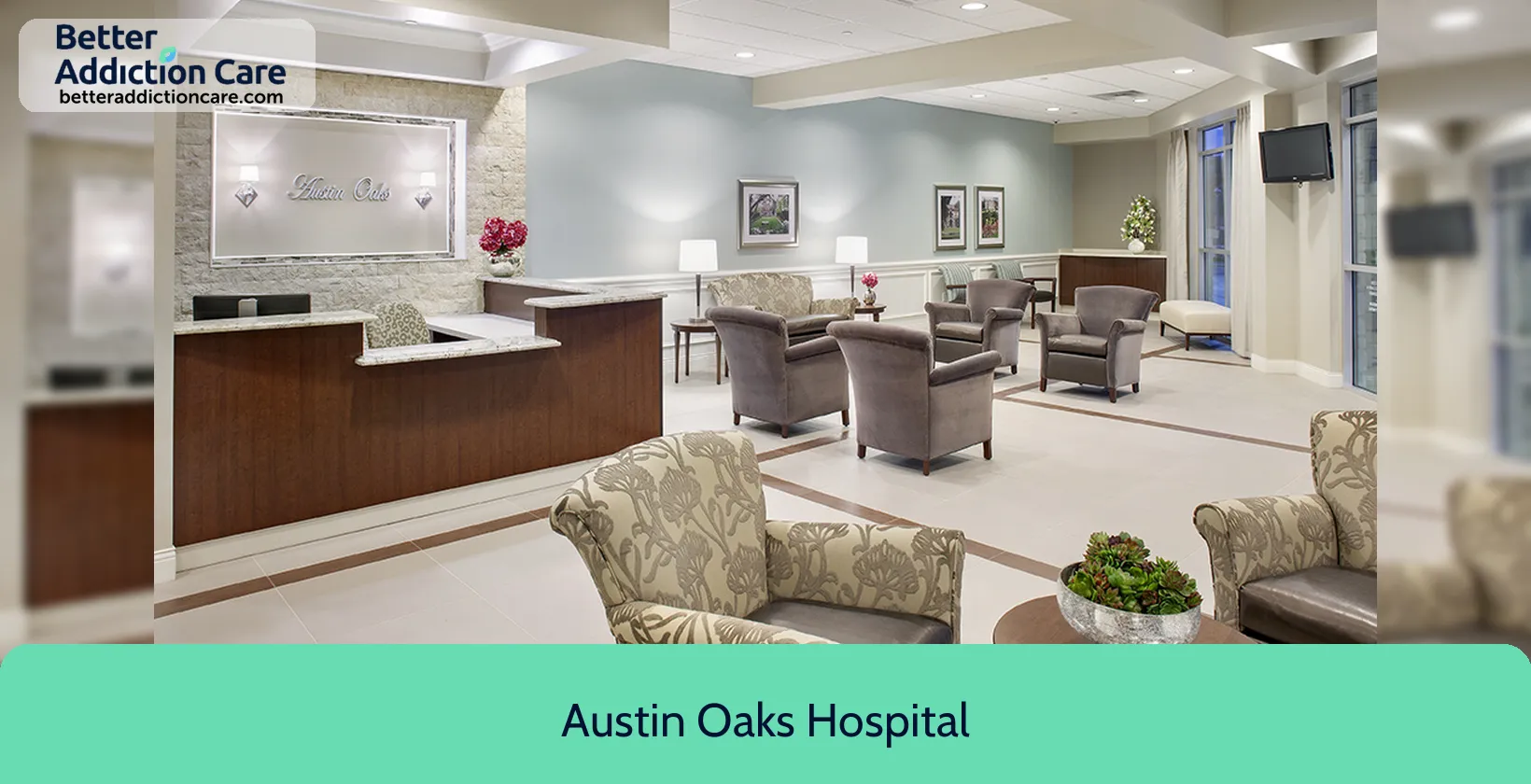
6.65
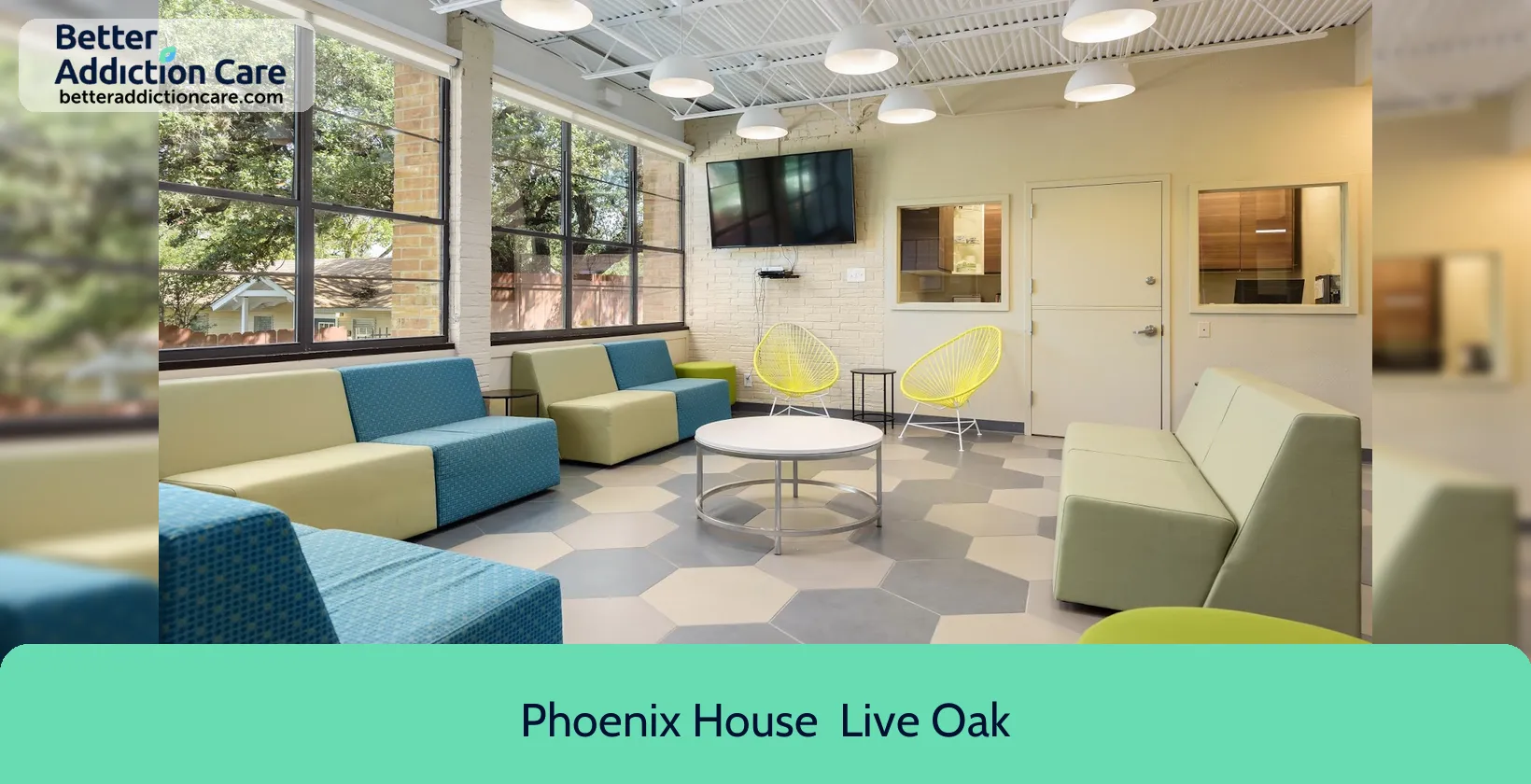
7.38
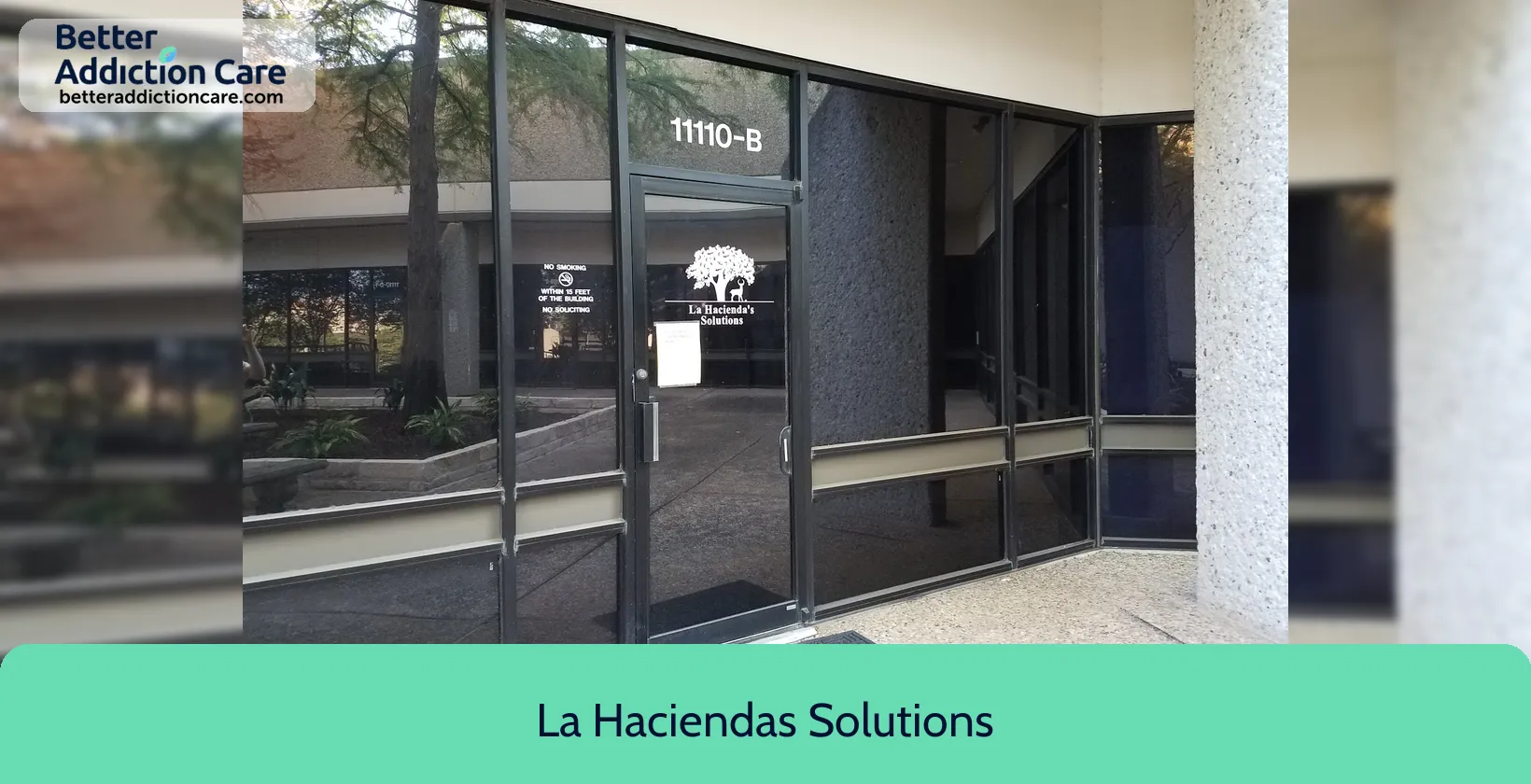
6.65
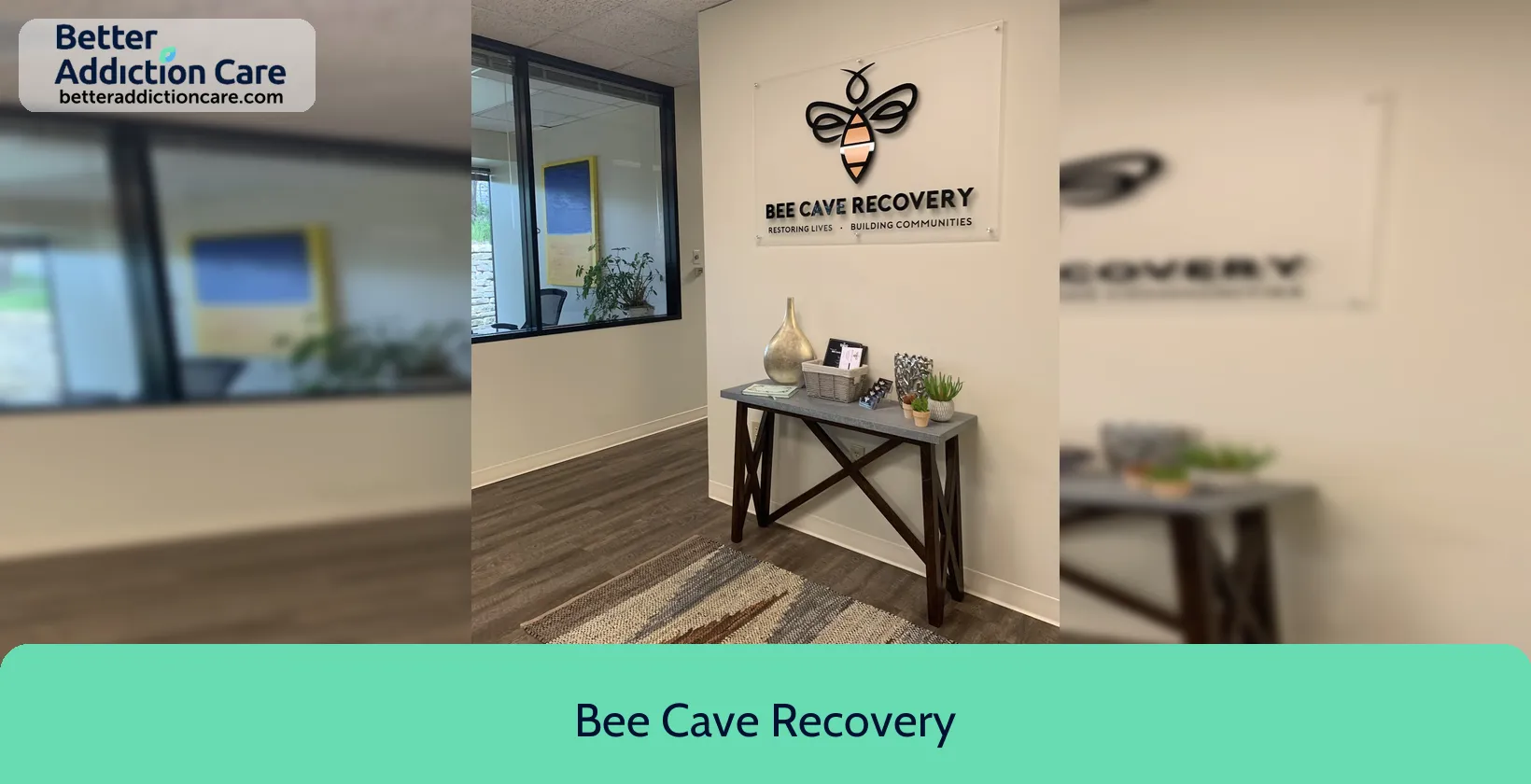
6.96
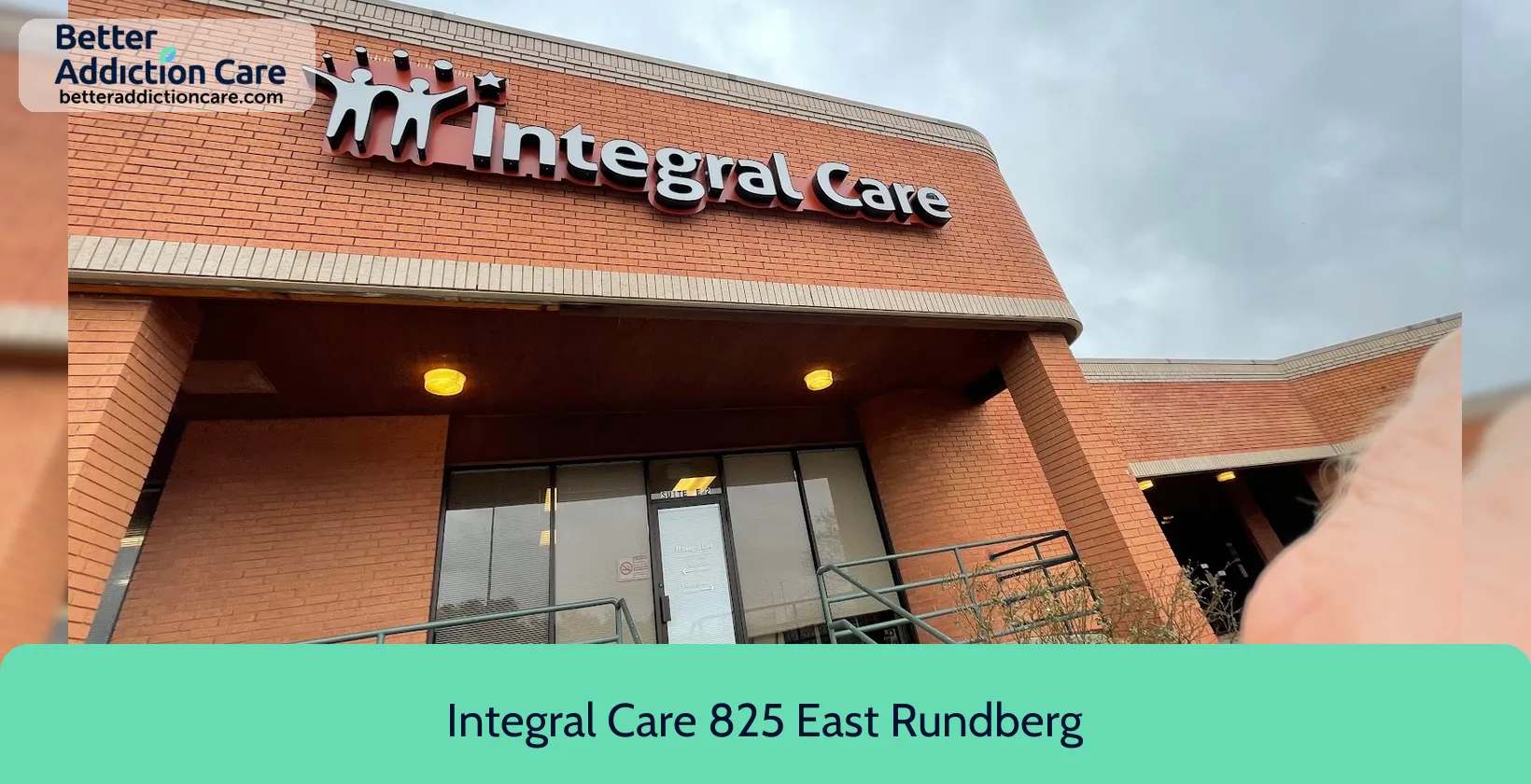
6.62
_8229_Shoal_Creek_1.webp)
7.36
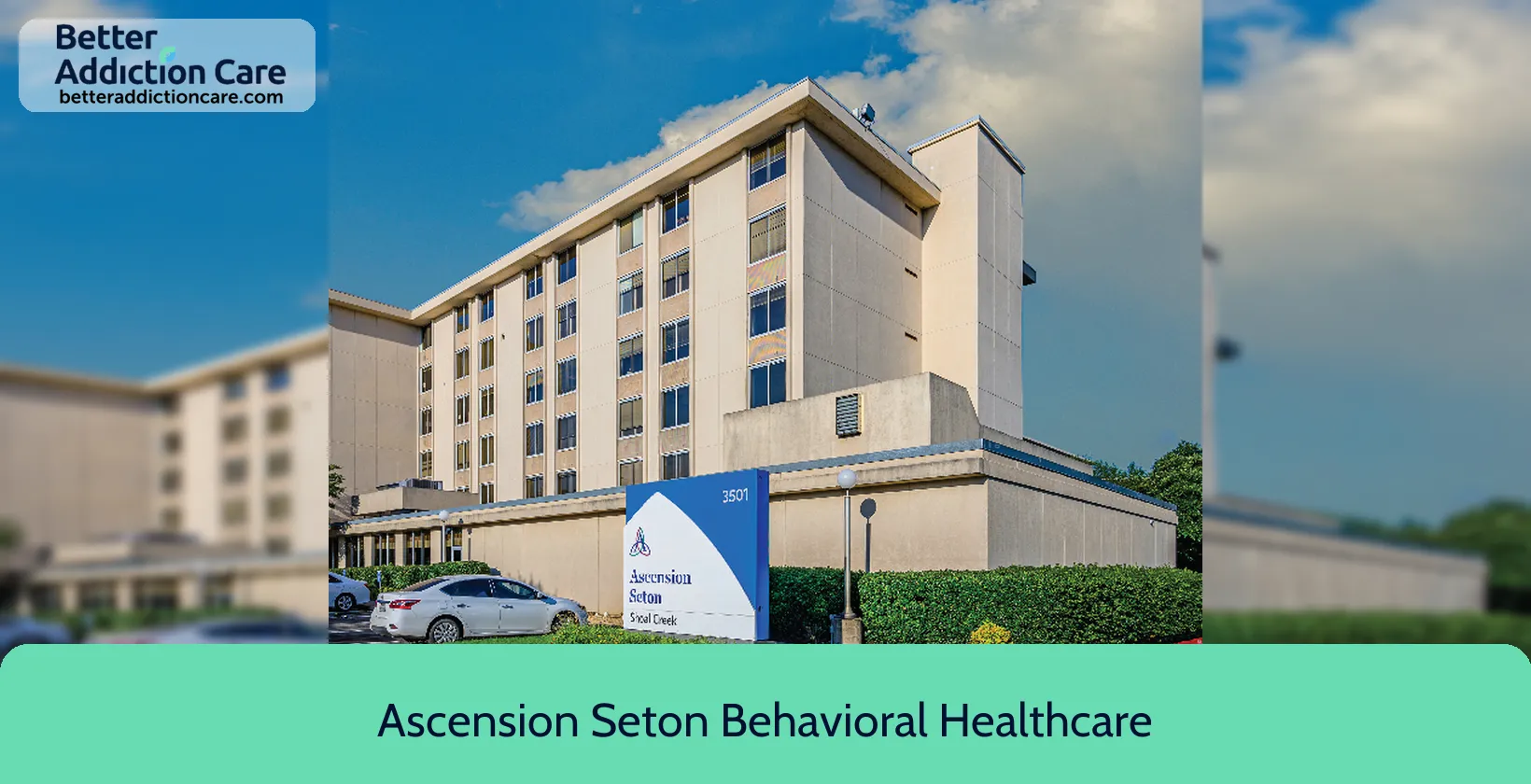
6.65
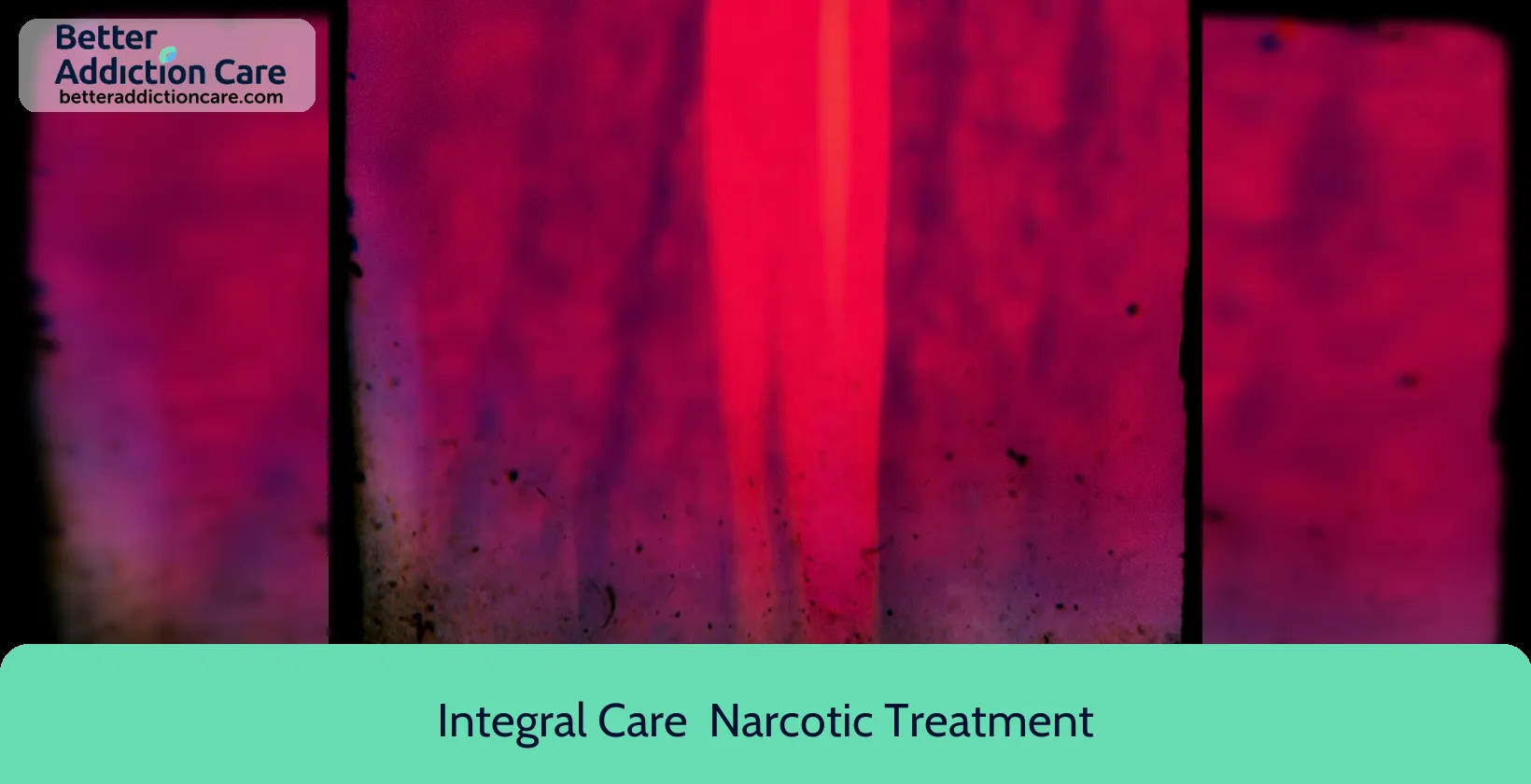
7.17

7.71

7.75

7.24

6.99

6.83
Local Rehabs in Texas
Common Questions About Rehab in Austin
Take a look at our FAQ. We've tried to fill it with all the answers you're looking for. And if not, contact us on (888) 349-0436.


